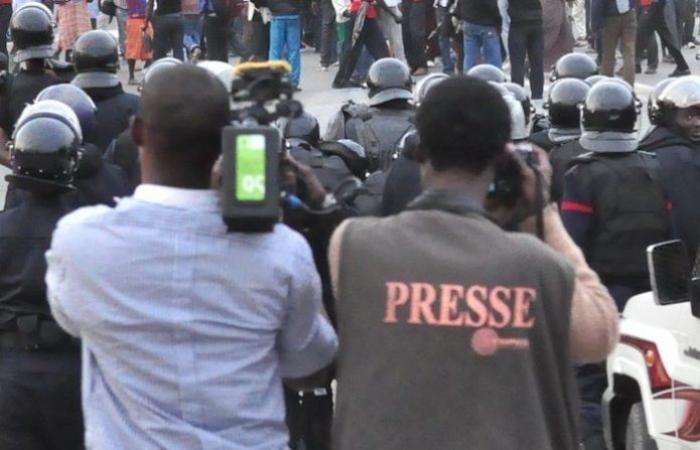During a press conference, the director of communication, Hard Dia, presented the main lines of the additional phase of media reforms initiated by the authorities. At the heart of this new stage is the creation of a high authority for regulating communication and media, intended to replace the National Audiovisual Regulatory Council (CNRA).
According to Mr. Dia, this future instance, defined in article 2 of the bill, will expand its field of competence to all media, including those online, as well as advertising. Unlike the CNRA, whose action was limited to audiovisual, this new authority will adopt a transversal approach.
Inspired by exchanges with French -speaking regulators such as Arcom (France), Côte d’Ivoire or Morocco, the reform will be based on a diversified college bringing together legal, technical and from civil society. The decree, being finalized, was not a repressive vocation, wanted to reassure Habibou Dia. It aims to structure a sector which he considers essential for democracy, by guaranteeing reliable information, by protecting journalists, and by promoting a more transparent press.
-The project completes the 2017 press code, targeting several structural dysfunctions, including the precariousness of journalists, the absence of strict regulation and the rise of disinformation. “The non-application of the collective agreement leaves journalists without contract or social coverage, promoting the corruption of information,” said the director of communication.
Among the measures provided, public aid will now be conditioned on the compliance of press companies: compliance with social contributions, formal legal existence, and tax obligations. In addition, a dissemination cessation order is envisaged for illegal supports, without leading to the closure of the companies concerned.
A recent audit shows that out of 617 media identified, 358 does not comply with standards, including PDF files or YouTube channels without original content. Less than 30 % of beneficiaries of the press development fund would fulfill legal conditions.






